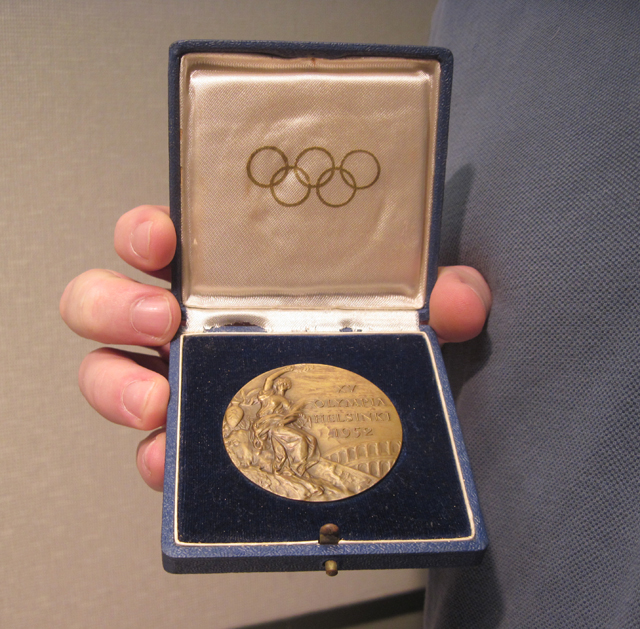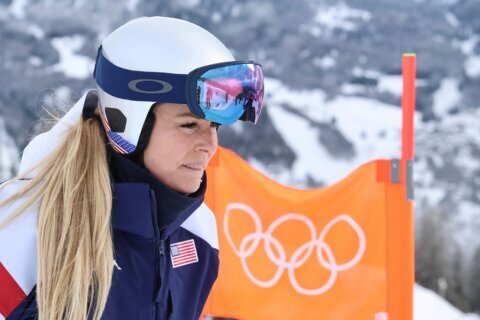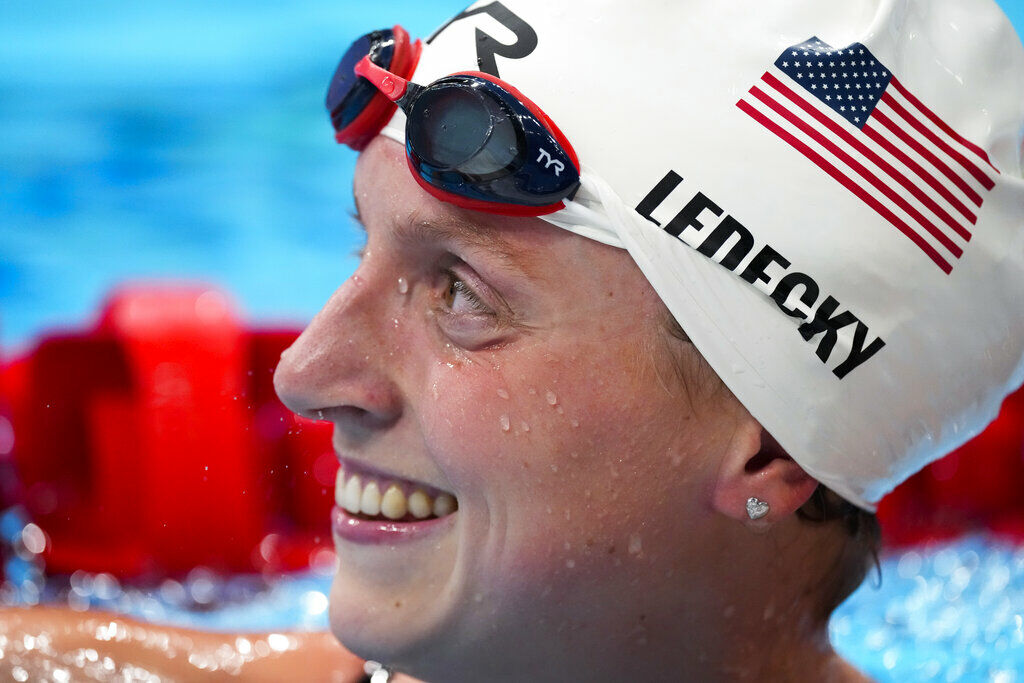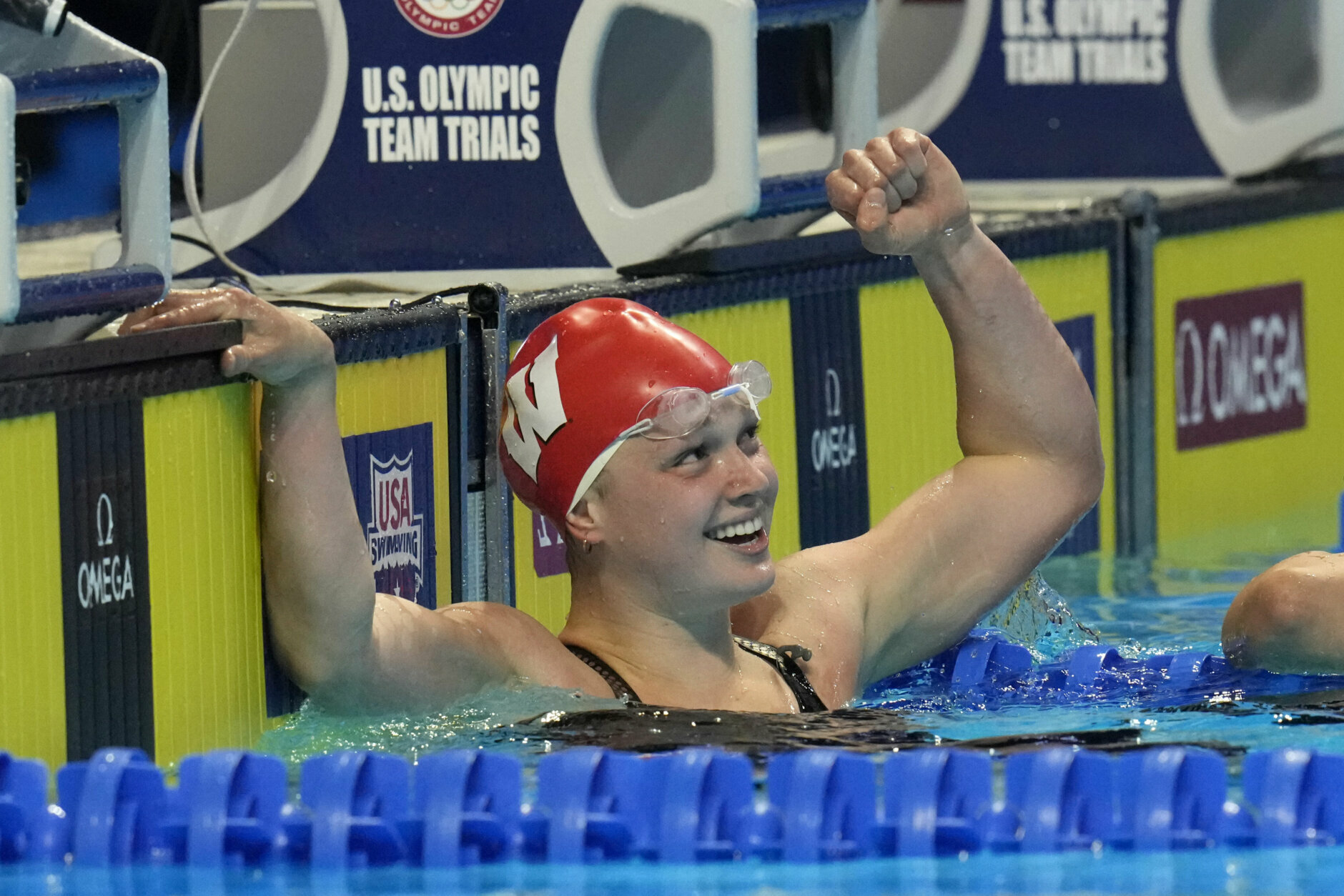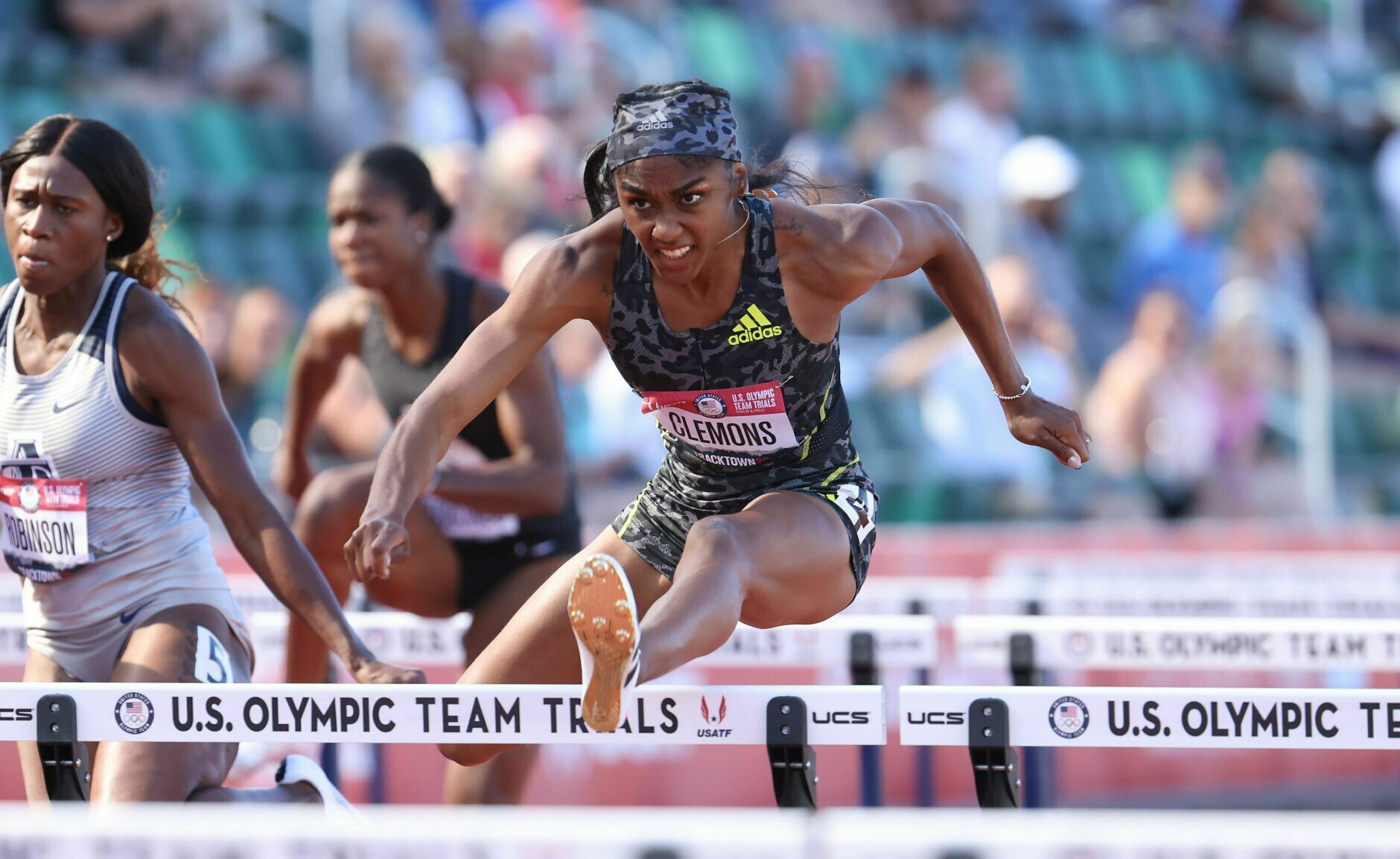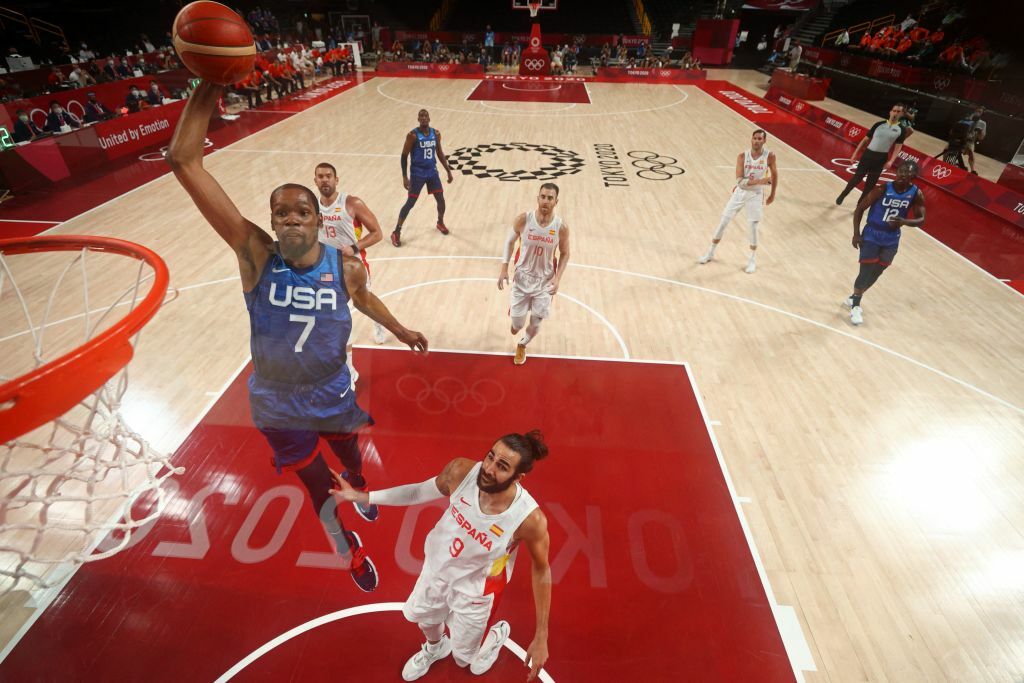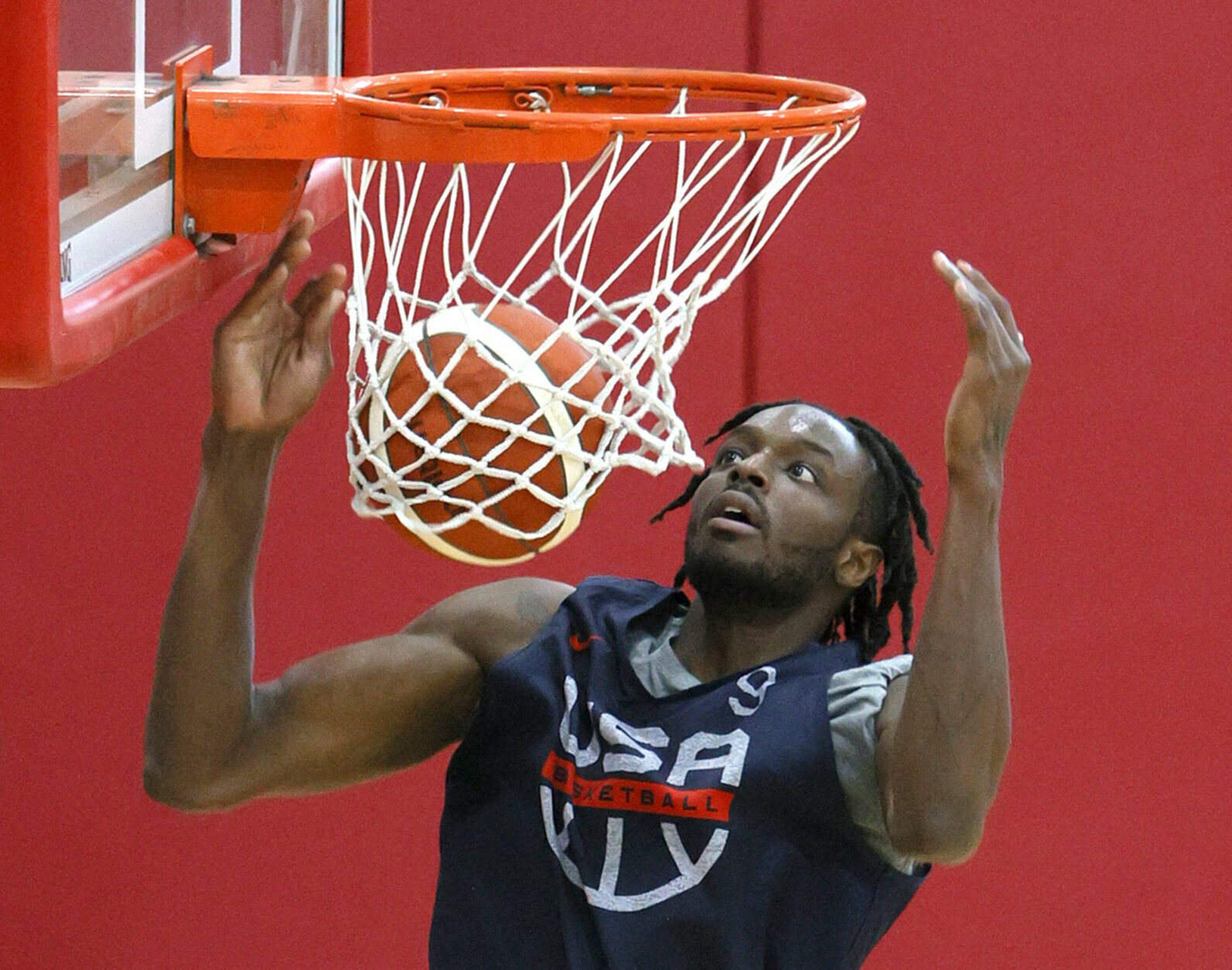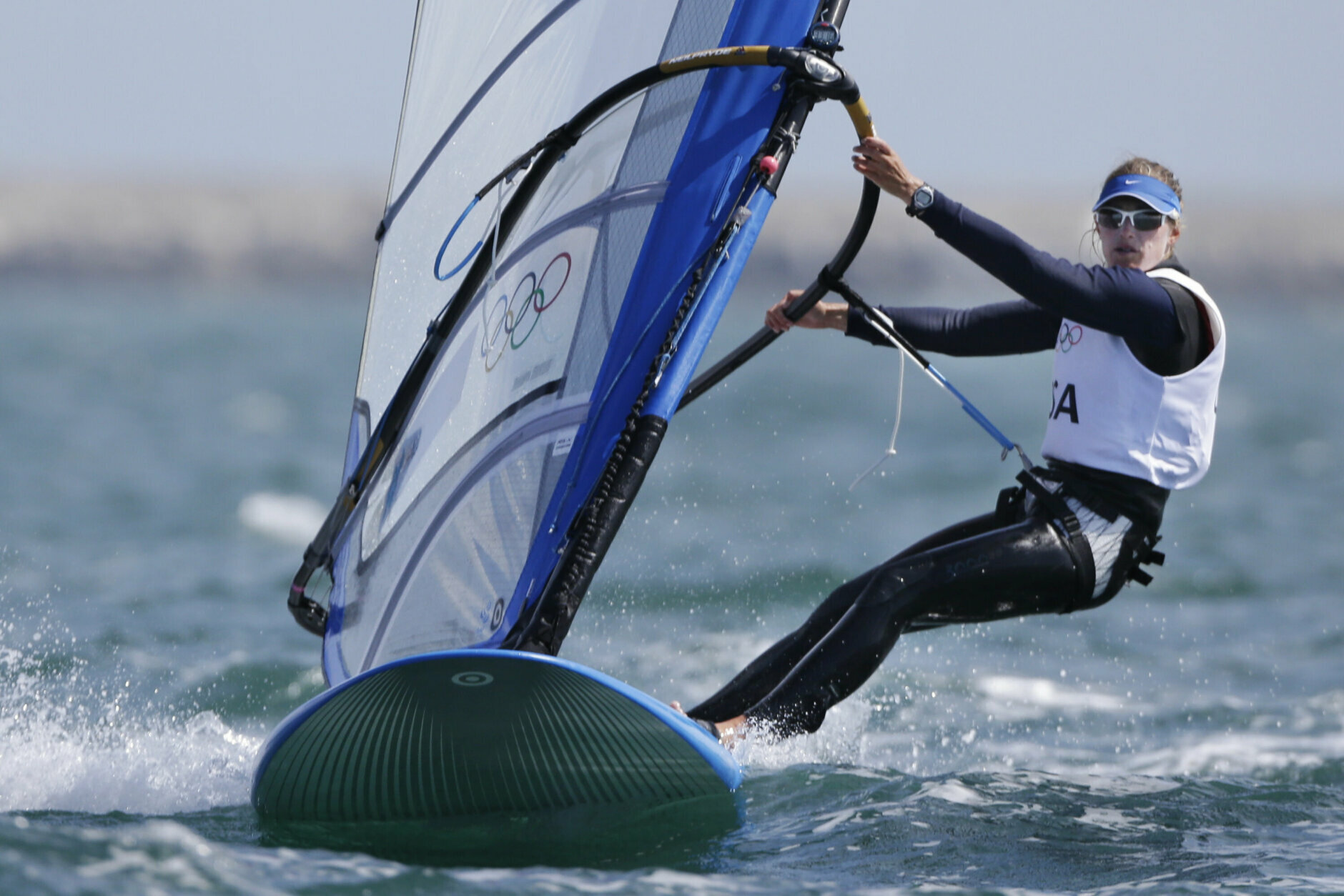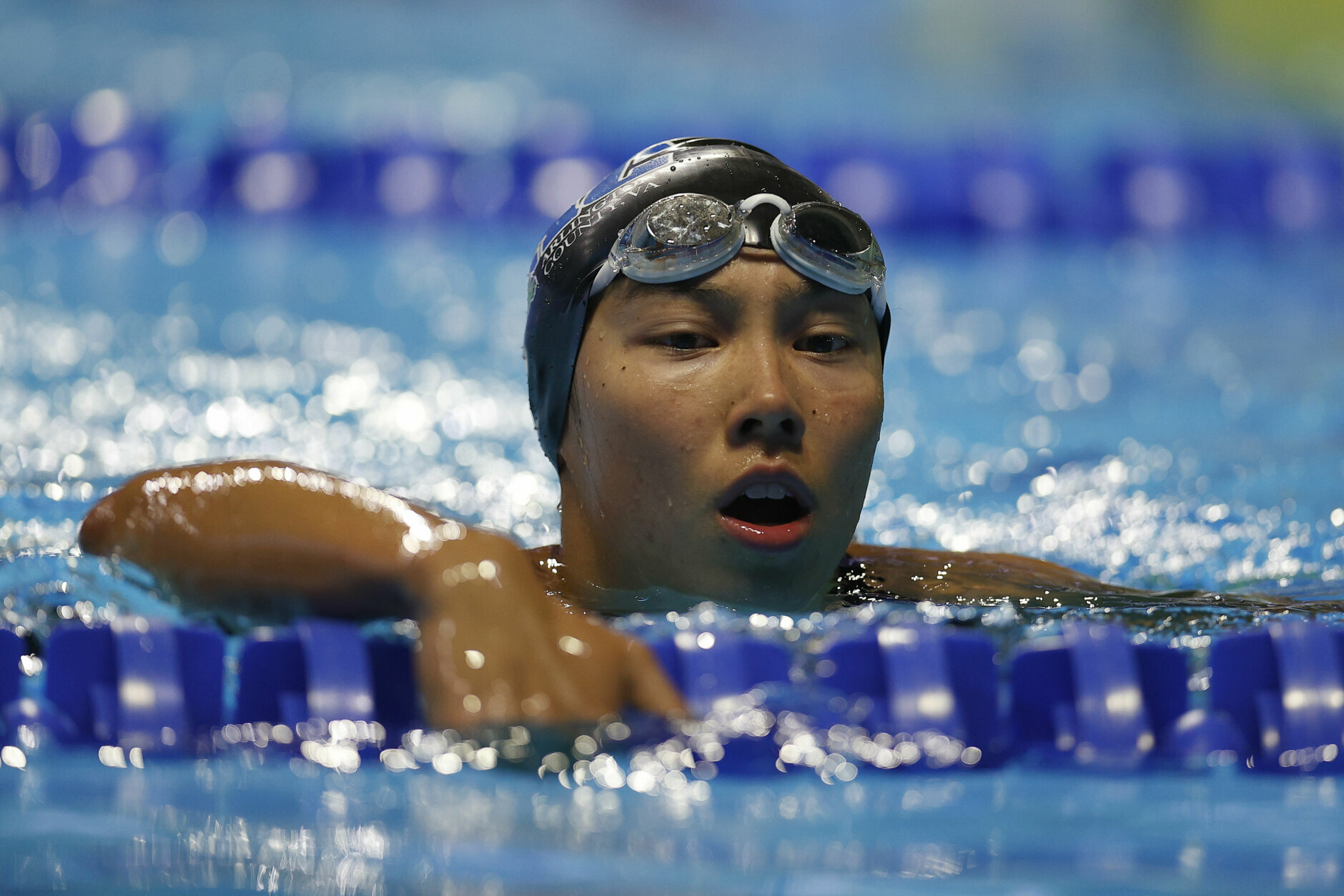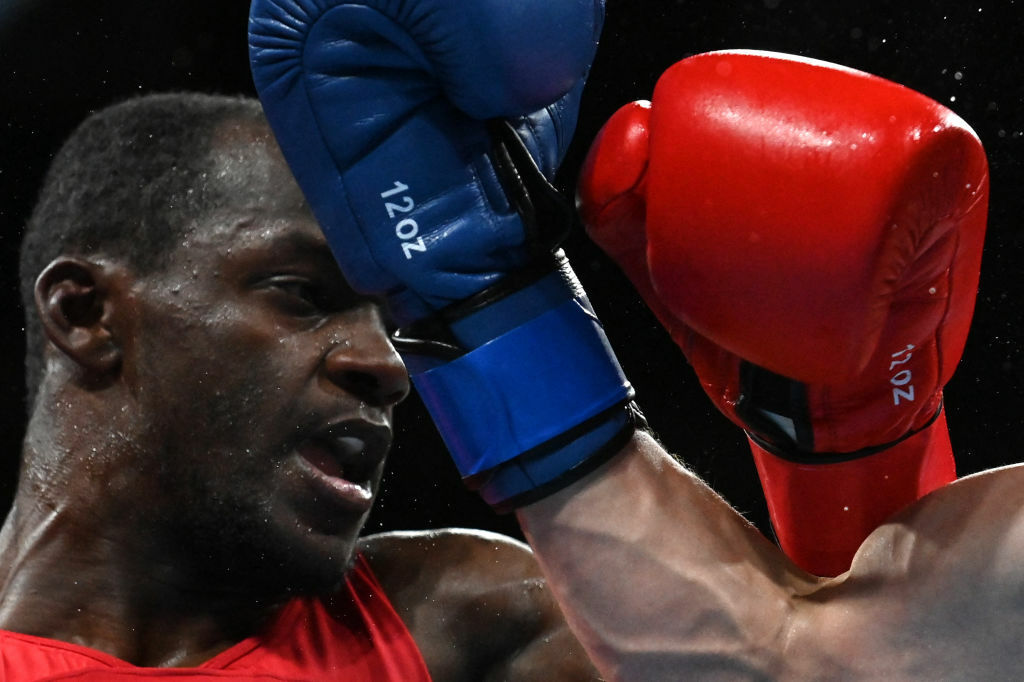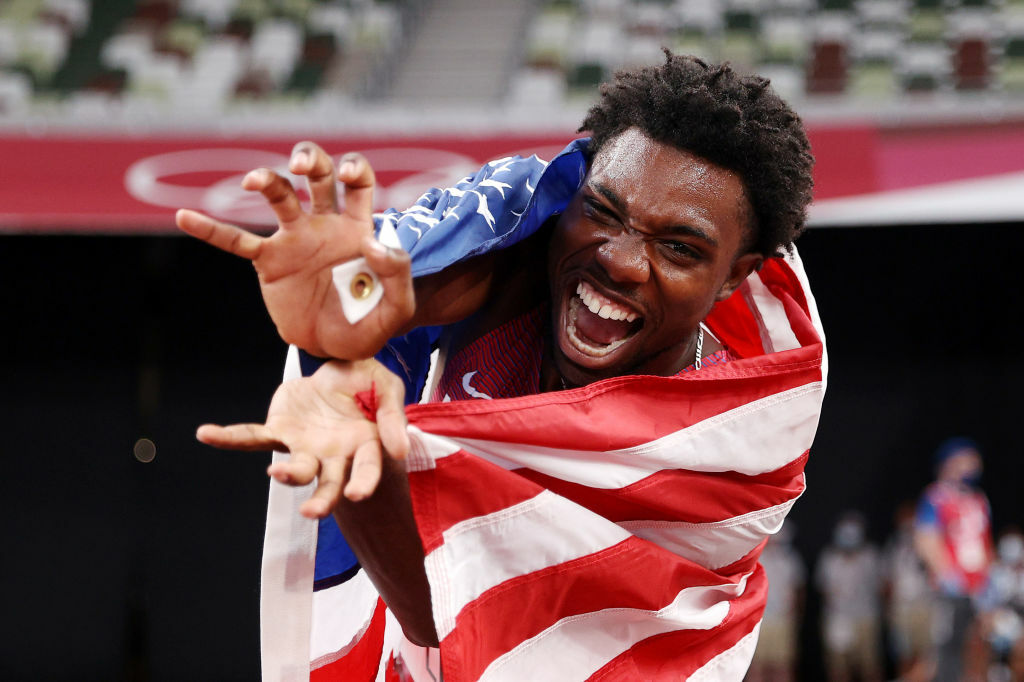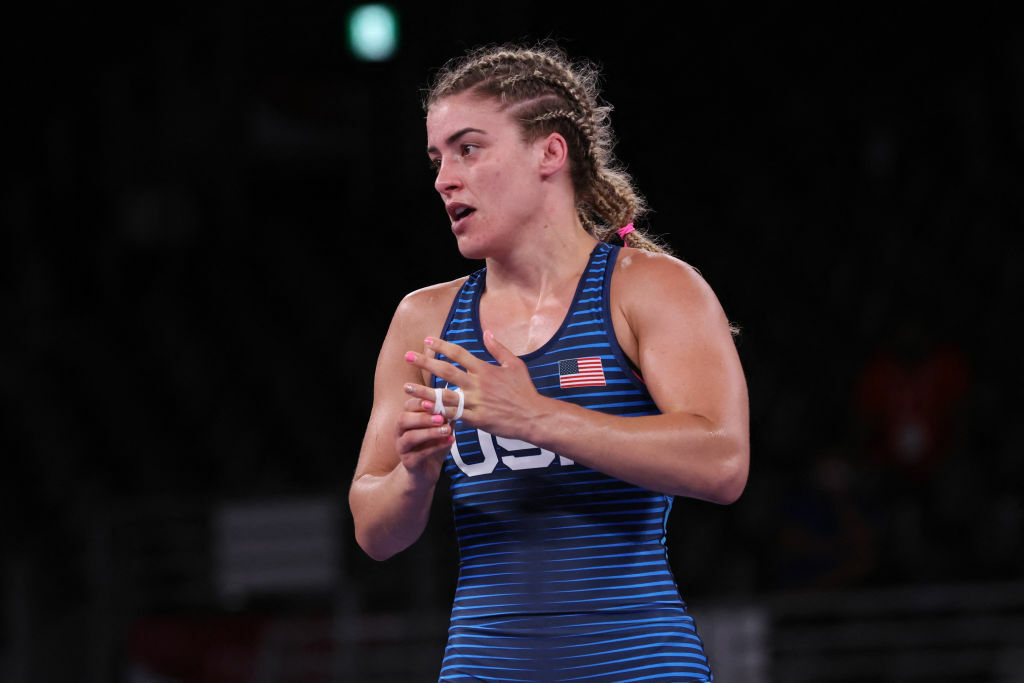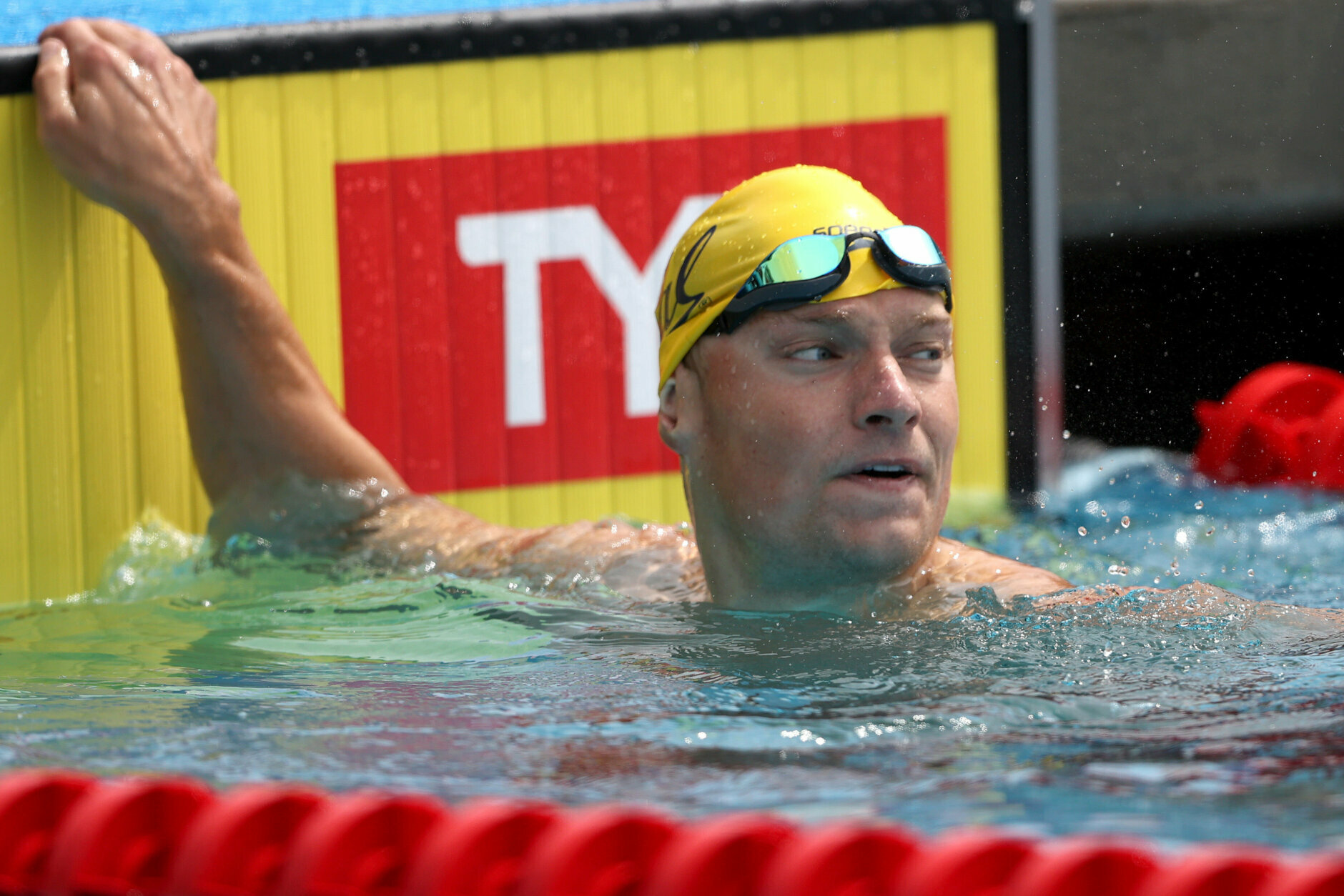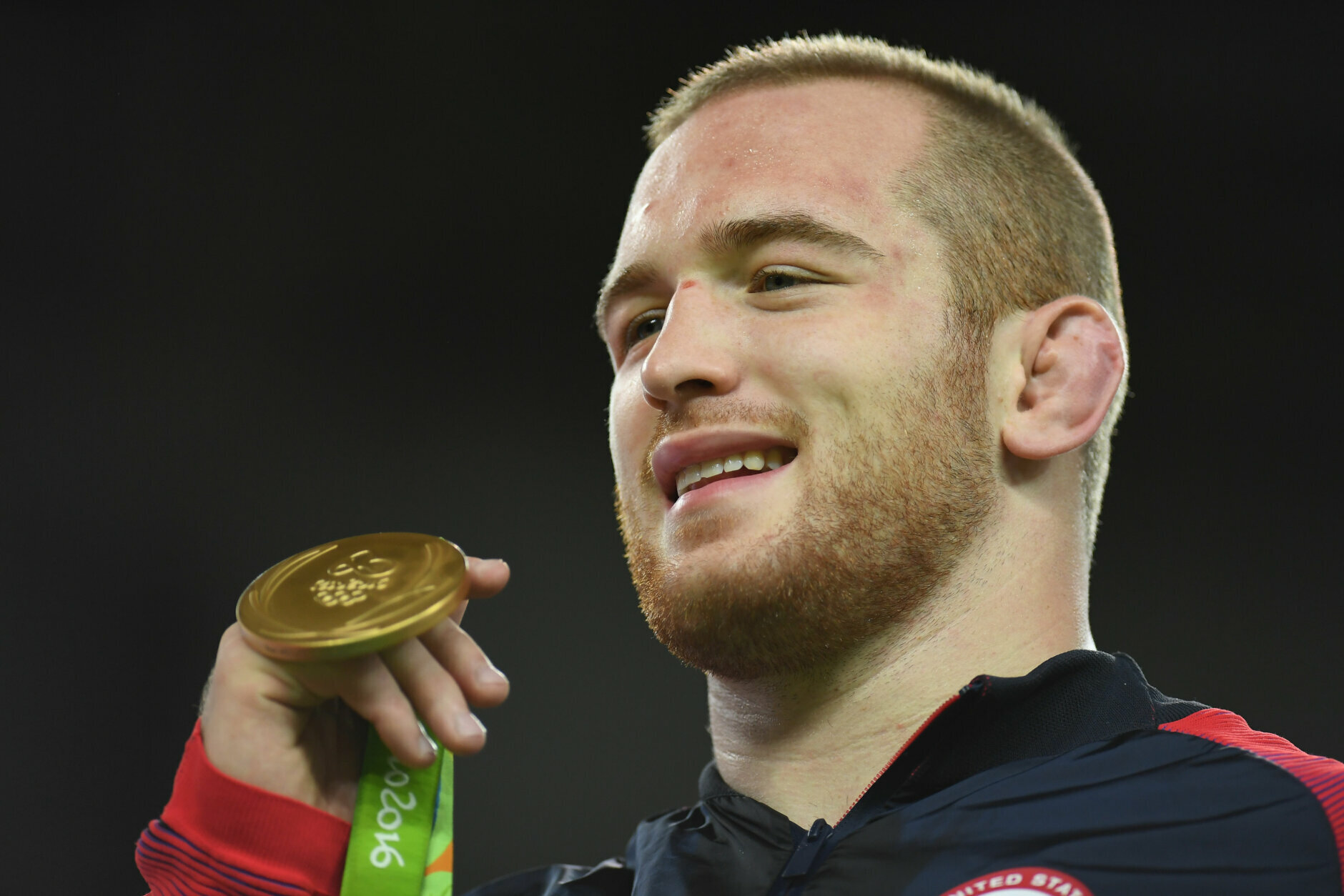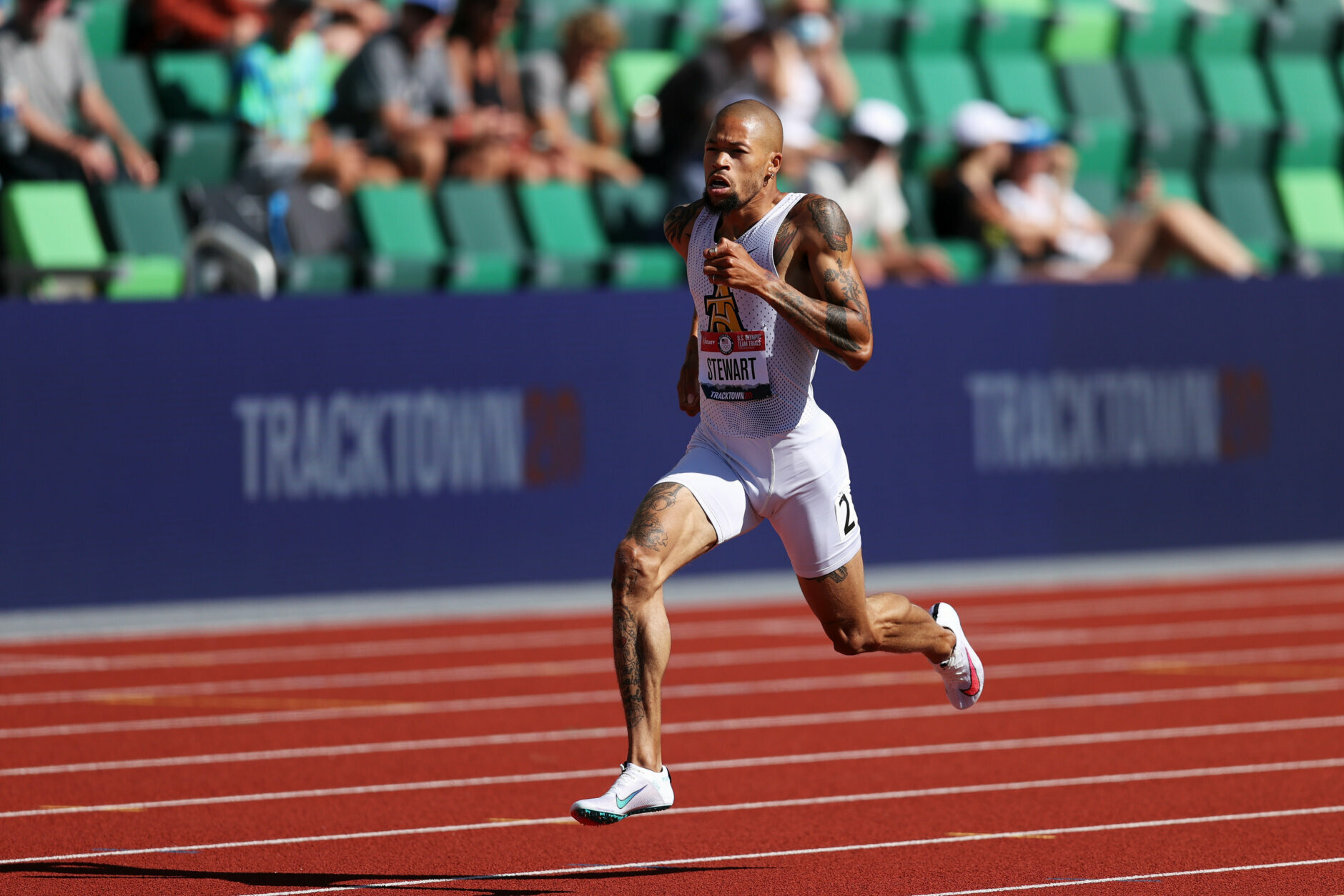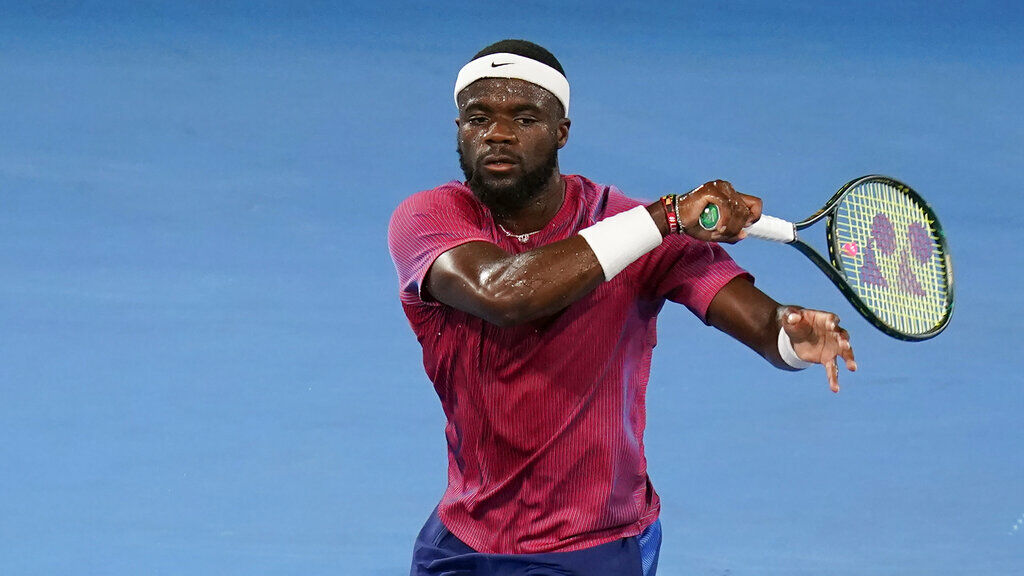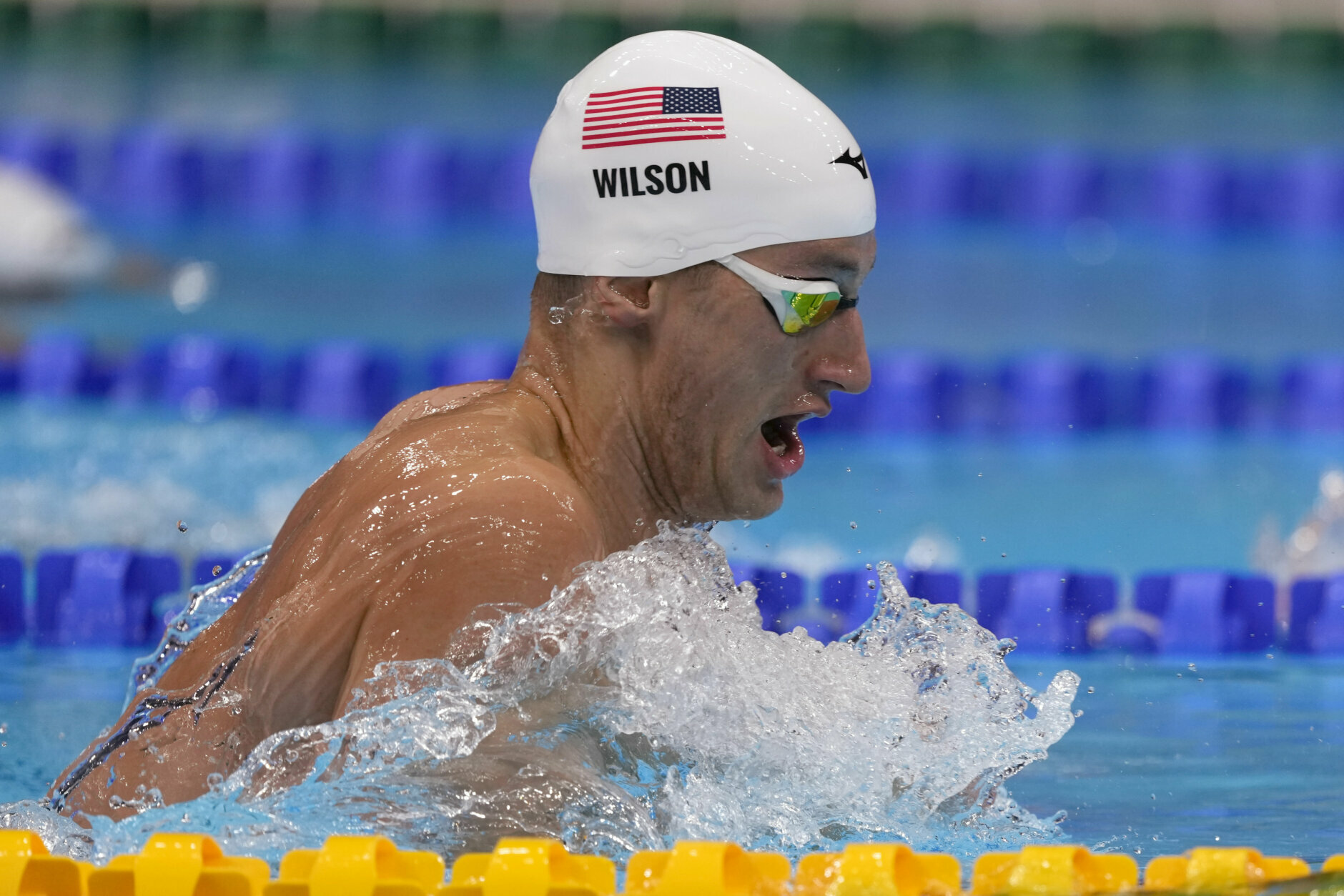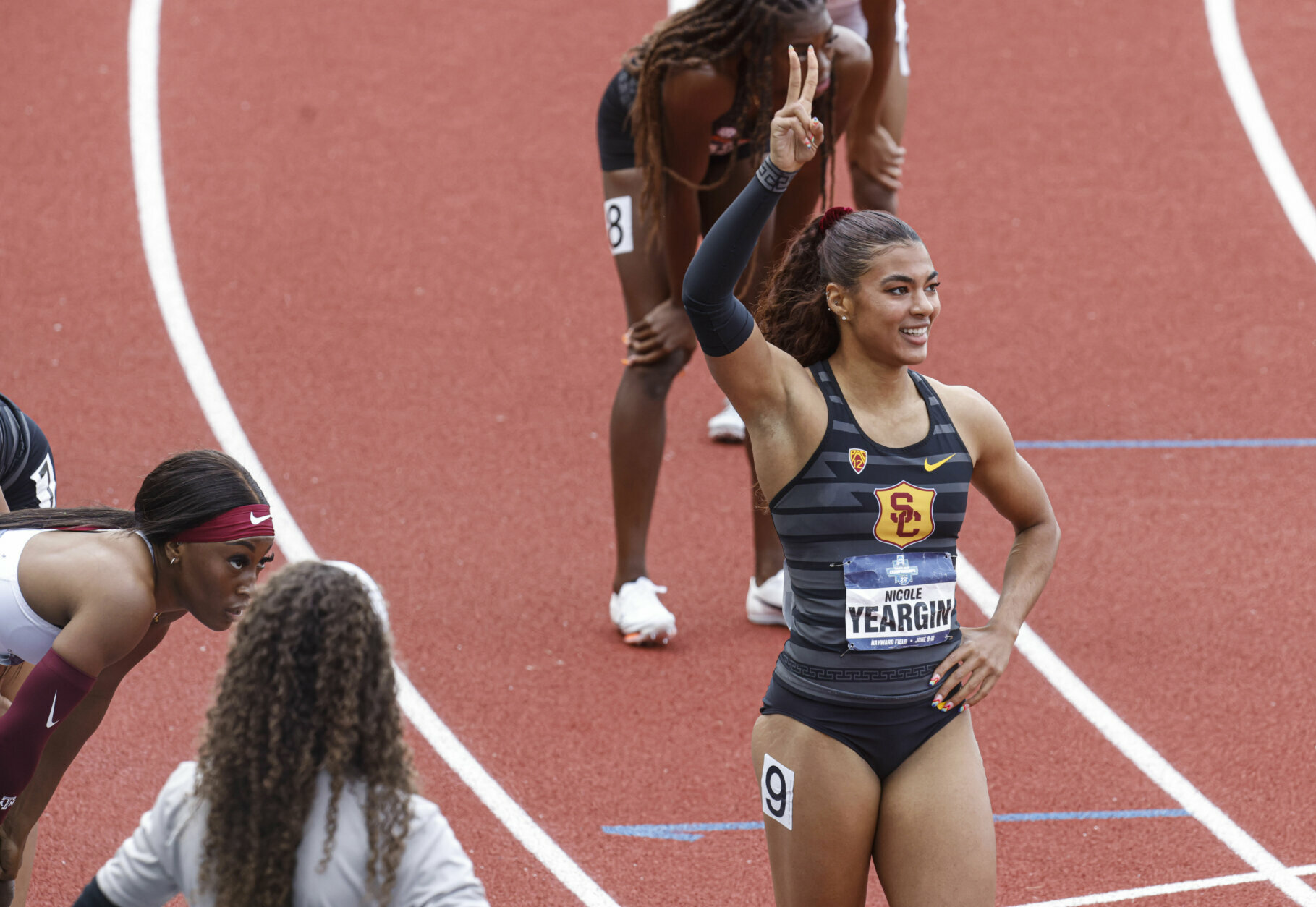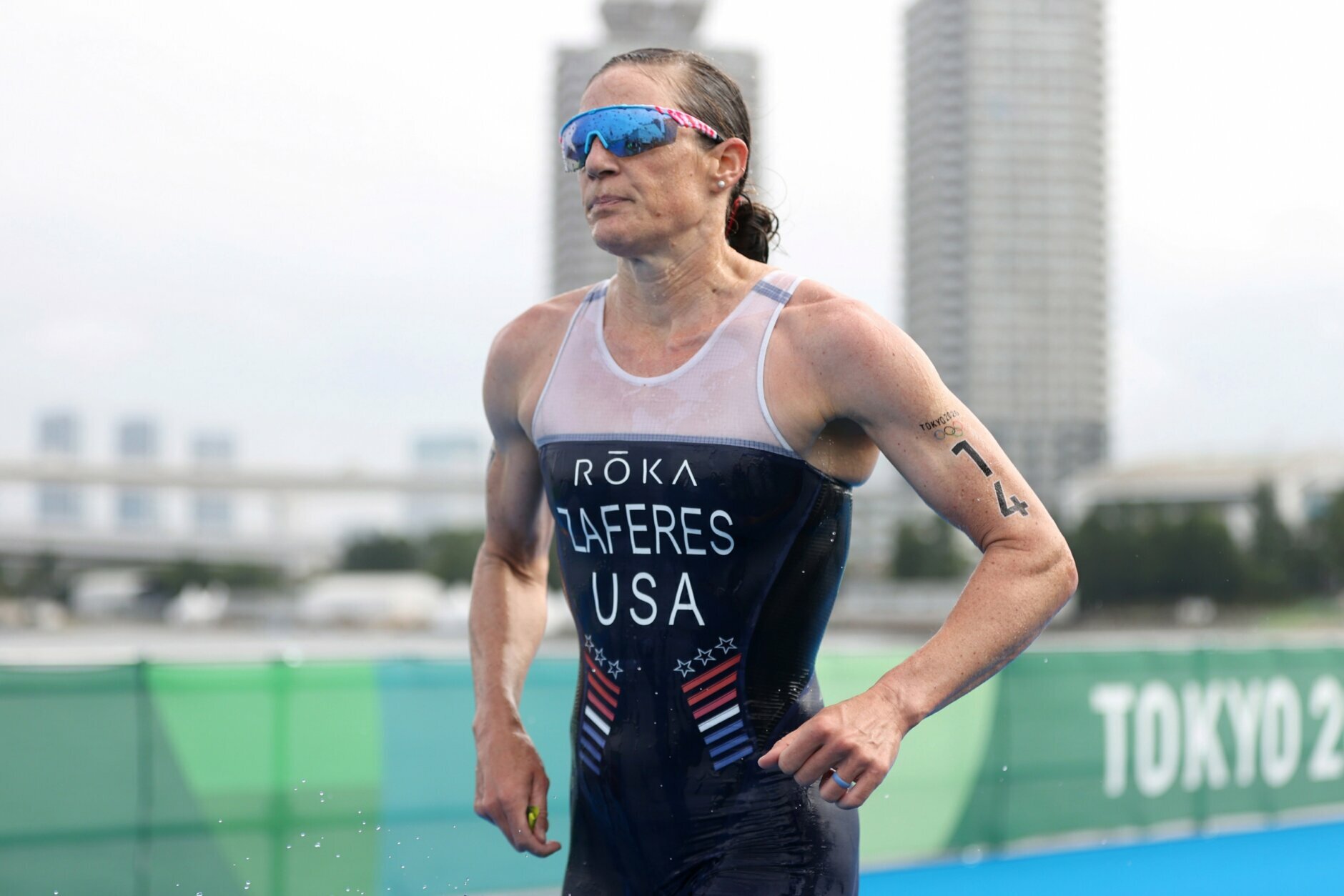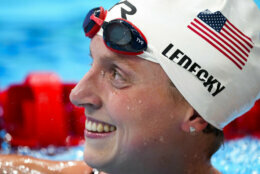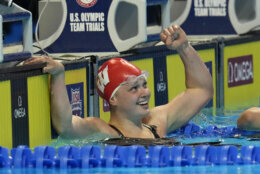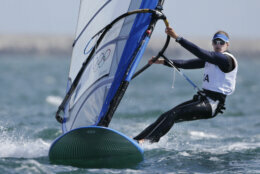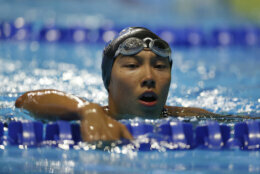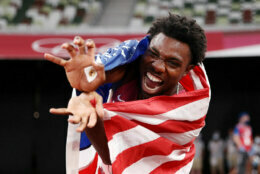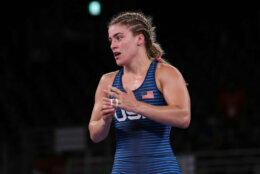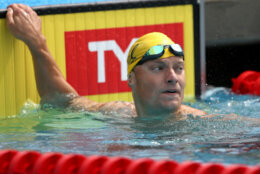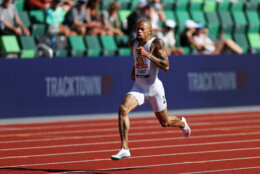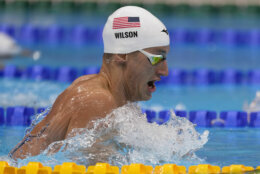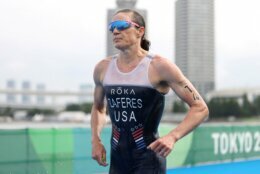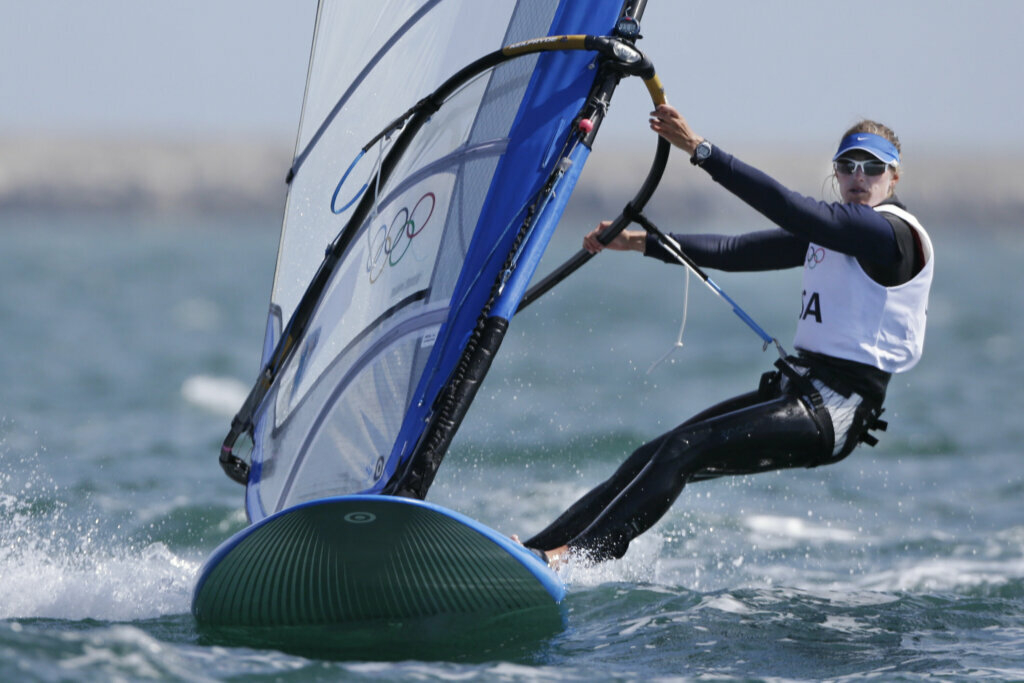
Much has changed since Farrah Hall competed in her first Olympics nine years ago.
Hall was a 30-year-old rookie windsurfer on the Olympic stage in 2012, and she placed 20th in London.
Since then, she’s become a veteran sailor who has gotten married, moved overseas, overcome a pandemic and finished each of her championship competitions better than she did in her Olympic debut.
“In 2012, I worked really hard to create a really good level of professionalism and bringing resources to me … but psychologically, I wasn’t 100% where I needed to be,” Hall told WTOP. “I still had some maturing to do as an athlete and a person.”
Hall didn’t qualify for Rio in 2016, but since then her journey has since taken her all over the world to compete in what she estimates to be five to six competitions a year.
Hall, 39, said the sport has grown exponentially since her last Olympic appearance — in spite of the coronavirus pandemic.
“The fleet has gotten much more organized, [with] much better funding; the team structure is much stronger now,” she said. “The structure still exists during the pandemic so they’re still strong, although everyone’s taken a hit, it’s a really strange year in a number of ways.”
How love brought Hall to her passion
Hall, who grew up in Cape St. Claire, Maryland, and went to Broadneck High School in Annapolis, said her proximity to the water — and a windsurfing aficionado — led to her calling.
“I had a high school boyfriend who brought over an old set of windsurfing equipment, and we just messed around with the windsurfing equipment the whole afternoon and I was hooked,” she said.
That led to Hall procuring her own set of used equipment, and an obsession that lasted into college and beyond. She met Olympic windsurfer Mike Gebhardt — the two-time Olympic medalist (bronze in 1988 and silver in 1992) who is also the last American to medal in windsurfing — while she was a student at St. Mary’s College of Maryland, where she started a windsurfing club that remains in operation to this day.
It also inspired Hall to embark on her own Olympic journey.
An equipment change
Hall is the only Team USA athlete selected to compete in Women’s RS: X for the Summer Games in Tokyo. She describes RS: X as an endurance sport, and lit up when talking about the change in Olympic equipment, calling it “retro.”
“It’s old-school windsurfing,” Hall said. “It’s a big, long board, a really big sail — course racing style, dagger board, mast track a lot of adjustments, and you can sail anywhere from three to 35 knots.”
Hall said the sport “took a jump into the future” with a wind foil class, which the Olympics will adopt starting in 2024 and Hall describes as “really fun … it’s fast,” adding that it’s already taking off in the D.C. area since it’s not as physically demanding as RS: X.
“It’s going to be a really interesting class because it’s going to draw from all disciplines of windsurfing,” she said.
The pandemic’s impact
As with many other sports, a lot of windsurfing events were scaled down of canceled due to travel restrictions during the height of the pandemic. For windsurfers such as Hall, this impediment forced them to create their own opportunities.
“For independent sailors like me, you really have to work hard to create those opportunities to have a good training with other sailors because … you can’t train with big teams anymore (during the pandemic).”
Hall has been in Spain since April, training in El Puerto de Santa Maria.
“There’s always wind and it’s cheap to live, so we’ve been happy here,” she said.
Chances for a better result in Tokyo
On the other hand, Hall said, the extra year to prepare helped her refocus, and that the pandemic restrictions may have turned windsurfing into a wide-open competition.
“It’s leveled the playing field a little bit, in that other people who’ve not had amazing training opportunities either — even the big teams can’t send their athletes to Tokyo for months to train … [the training venue] is going to be fresh for everybody.”
However, that benefit may have been offset by uncertainty.
“The complication for me was organizing my life and finding the funding to continue, having another year not knowing what I’m doing after the games,” Hall said.
Hall also acknowledges that while “the fleet has jumped up a huge level,” other sailors are younger and have better resources. So while a gold medal is the goal, she may still have to beat some long odds to do it.
“Honestly, if I’m mid-fleet I’m going to be super-happy,” Hall said. “The level of this fleet and the preparation I’ve had, and where I’m at in my career … I think it’s good. It’s something I really appreciate still having the opportunity to do,” Hall said.
As she nears her 40th birthday in November, it’s fair to wonder whether this will be Hall’s final appearance in the Olympics.
Windsurfing is considered an endurance sport, and Hall said burnout is a possibility. But athletes now have longer careers because of advances in recovery. Thus, her history with windsurfing and marathon running could keep her in contention for another campaign in Paris for the 2024 Olympics.
“For this sport, as long as you’re fit endurance-wise and you don’t have major injuries, you’re probably good to go until mid-40s,” she said. “I could have another Olympics in me, yeah.”
But, for now, her focus is on a great performance in Tokyo.
“My goal is to put together the best competition possible for me,” Hall said. “I’m really, really happy with how I’m sailing right now and I really don’t think I’ve sailed better than right now.”


